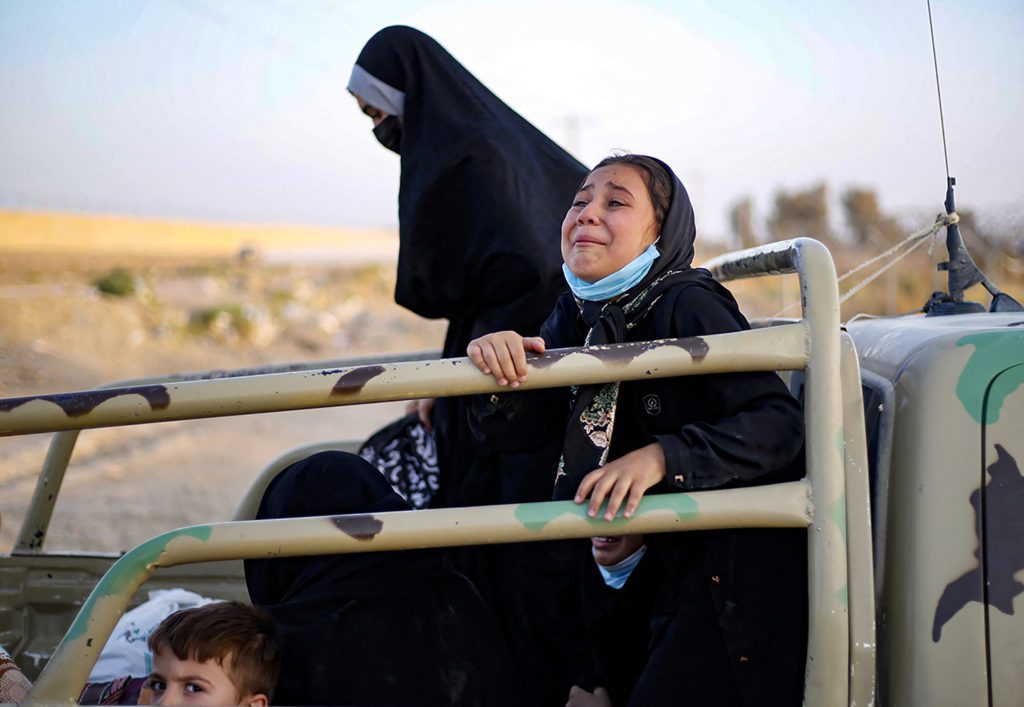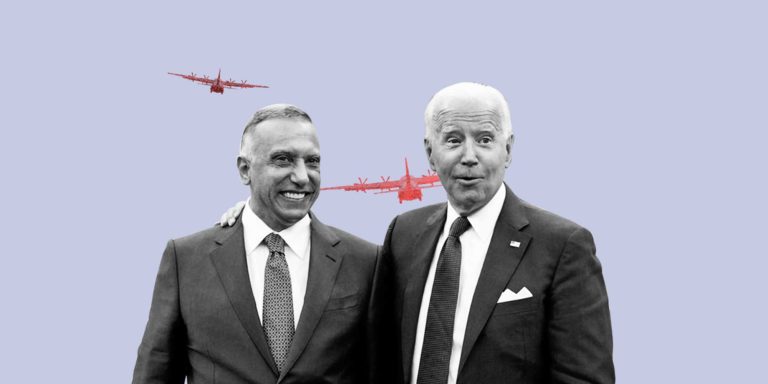All those stories we heard in our childhood, about the horrors of wars and battles, about the loss of children, and women in captivity. They got further stuck in our minds with every coup, especially when it concerned oppressive extremist militias.

And this is exactly what frightens us today after the fall of Kabul to the Taliban, whose extremism we witnessed two decades ago.
But it seems that the tragedy engulfing the region has led some of us to accept, even glorify, the worst of options, dismissing the harm that will be done to Afghan women, children, Shiites and other minorities.
Our current reality, a mix of economic deterioration and repression, is not the only cause for the emergence of such strange, confused voices. Rather, there are hidden religious ideas, on which a generation grew up during the upheavals in Afghanistan, when numerous Arab governments promoted supporting the Muslims there. He who did not go to fight in Afghanistan, donated money, or at the very least listened to the religious sermons, which still ring in his head, even when geographically far from there.
We have heard the voices of Afghan women, expressing their shock at the developments that followed the Taliban entering the Afghan capital without any resistance, while President Ashraf Ghani fled to Tajikistan, before moving his family and money to the Emirates.
Afghan Minister of Education, Rangina Hamidi, expressed her shock at the president’s behavior. But the whole scene was not only shocking for Afghans, bur for the whole world, which held its breath watching the events unfold, as people panicked and crowded at Kabul airport in an attempt to escape in American evacuation planes.
Yet, there were also the statements supporting the arrival of the Taliban even from Arab human rights activists, who have long been known for their opposition to the policies in their home countries, which they accuse of preventing them from political participation and allowing them even the most basic levels of freedom.
It is a shock to people active in the field of human rights and politics in the Gulf region to hear that kind of support under the pretext that the Taliban is a local and Islamic choice, that its leaders learnt their lesson, and that they are not the Taliban of yesterday.
The statements of the Gulf countries, which followed each other in quick succession, largely agreed to accept the Taliban option, while stressing the need to maintain security and stability.
If the political analyses about China taking over “Big Brother’s” dominance over Afghanistan are correct, then the world’s three great powers since the 1980s have succeeded each other one after the other, which prompts me to ask some questions, on which I may not get an answer at the present time.
Does this mean that China will really become the superpower, as was rumored last year following the outbreak of the Covid pandemic? Will this essentially pull the political rug from under the feet of the US? Will the latter end up as the Soviet Union? Will the Gulf countries’ compass then turn towards China?
What can be said about the split among human rights advocates in the Gulf today is that masculinity wrapped in a religious cover appears in uncompromising situations, such as the one currently in Afghanistan, and will have repercussions for the entire region.
An accumulation of frustration and political confusion has forced selfish ideas to crawl out of their holes, to the extent that “jurists” support the “Taliban” without any consideration for the harsh Afghan reality.
Yes, as a woman and as a human being, I do not want to see another woman wearing what she does not want to wear, or see her deprived of her most basic human rights, or excluded from political participation, or targeted while on her way to work or school, or punished inhumanely under a religious pretext! I do not want, because I know that she is the weakest link in the heart of political conflict, especially in a conservative country such as Afghanistan, which has tasted nothing of life but bitterness.
Read Also:







